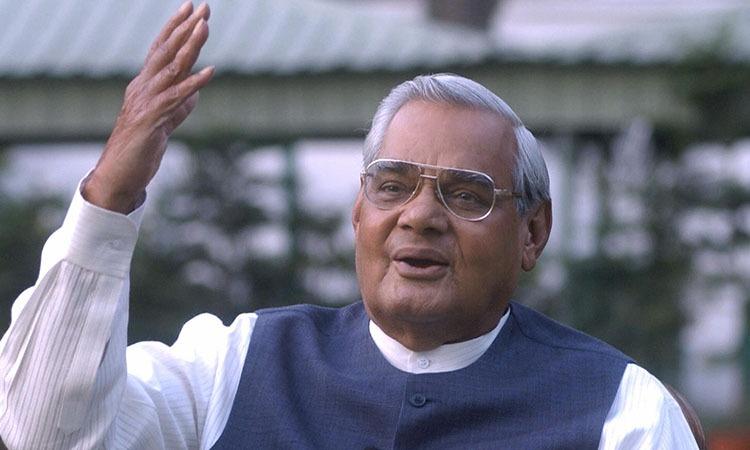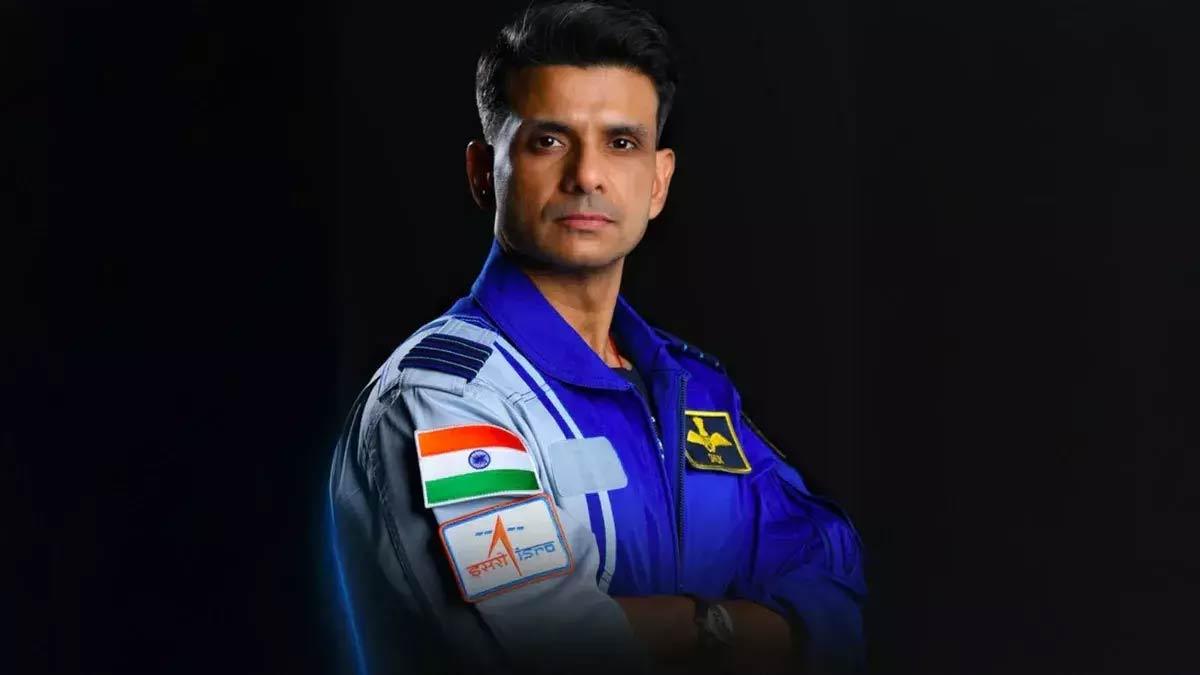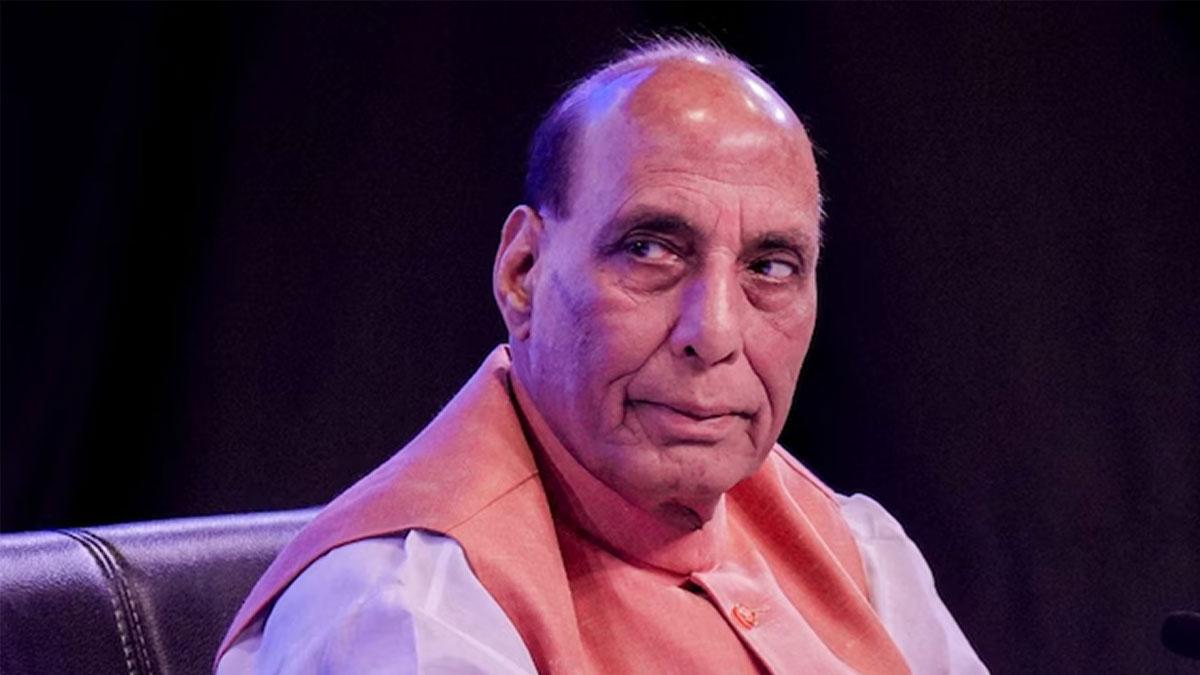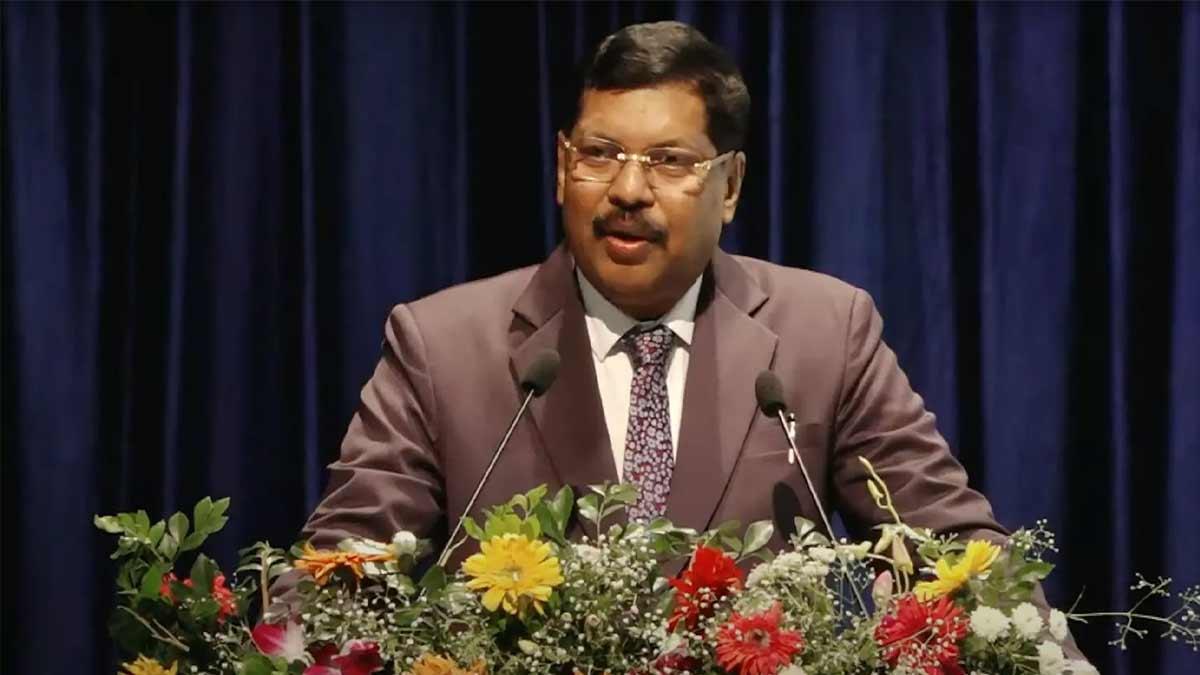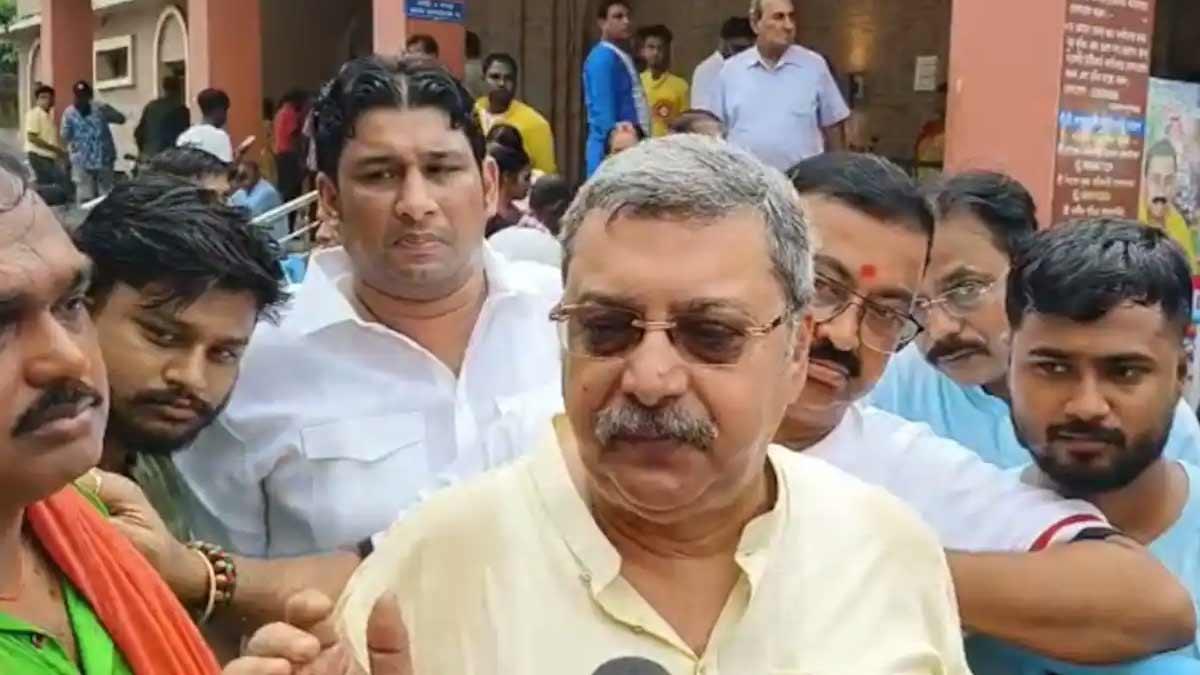External Affairs Minister S Jaishankar said on Friday said that Former Prime Minister Atal Bihari Vajpayee had 'sought a modus vivendi' with China and made policy corrections that reflected the end of the Cold War and the new global balance. He made these remarks while speaking at the second Atal Bihari Vajpayee Memorial Lecture which was organized to mark the birth anniversary of the former Prime Minister. It is Vajpayee's 97th birth anniversary on December 25th. The external affairs minister also said that Vajpayee had sought a modus vivendi that was based as much on mutual respect as on mutual interest
Key Points:
1. "If we are to look at the essence of his approach to international relations, it is evident that it focuses on responding effectively to global changes," S Jaishankar said referring to Vajpayee.
2. "We are looking at a complex set of transformations that are simultaneously underway," the external affairs minister said. He also added that the Indo-Pacific is witnessing both multipolarity and re-balancing.
Also Read | Ludhiana Court Blast: Man killed was sacked cop with drug links
3. Talking about Atal Bihari Vajpayee, Jaishankar said that he had kept India's course steady vis-a-vis Russia, despite the turbulence of that era. He also credited the former Prime Minister as he had sought a modus vivendi with China.
4. "All this, of course, was underpinned by his belief that India must develop deeper strengths at home. This found an expression in the exercise of the nuclear option as it did in the economic modernisation that he presided over," the external affairs minister added.
5. The Memorial Lecture was delivered by Michael Fullilove, the Executive Director of the Lowy Institute of Australia. Fullilove spoke about "Australia, India and the Indo-Pacific: The need for strategic imagination". He compared diplomacy with cricket and said that cricket and foreign policy require many of the same qualities, including intelligence, skill, patience, discipline, toughness, and imagination.
6. "Like foreign policy, cricket is a long game. A Test match can take up to five days.... Things are opaque in cricket as in diplomacy. Sometimes a draw can be a win. ," he said.
Also Read | India records 415 Omicron cases, 115 recoveries: Health Ministry
7. Foreign Secretary Harsh Vardhan Shringla also spoke at the event. He said that like the waters of the Indo-Pacific seek a new equilibrium, India and Australia are drawn by a natural affinity in political systems, economic endeavours and, above all, values.
8. "As two major democracies of this region, our partnership is of enormous significance in the building of a rules-based global order, with a stable and prosperous Indo-Pacific as its fulcrum," he added.

